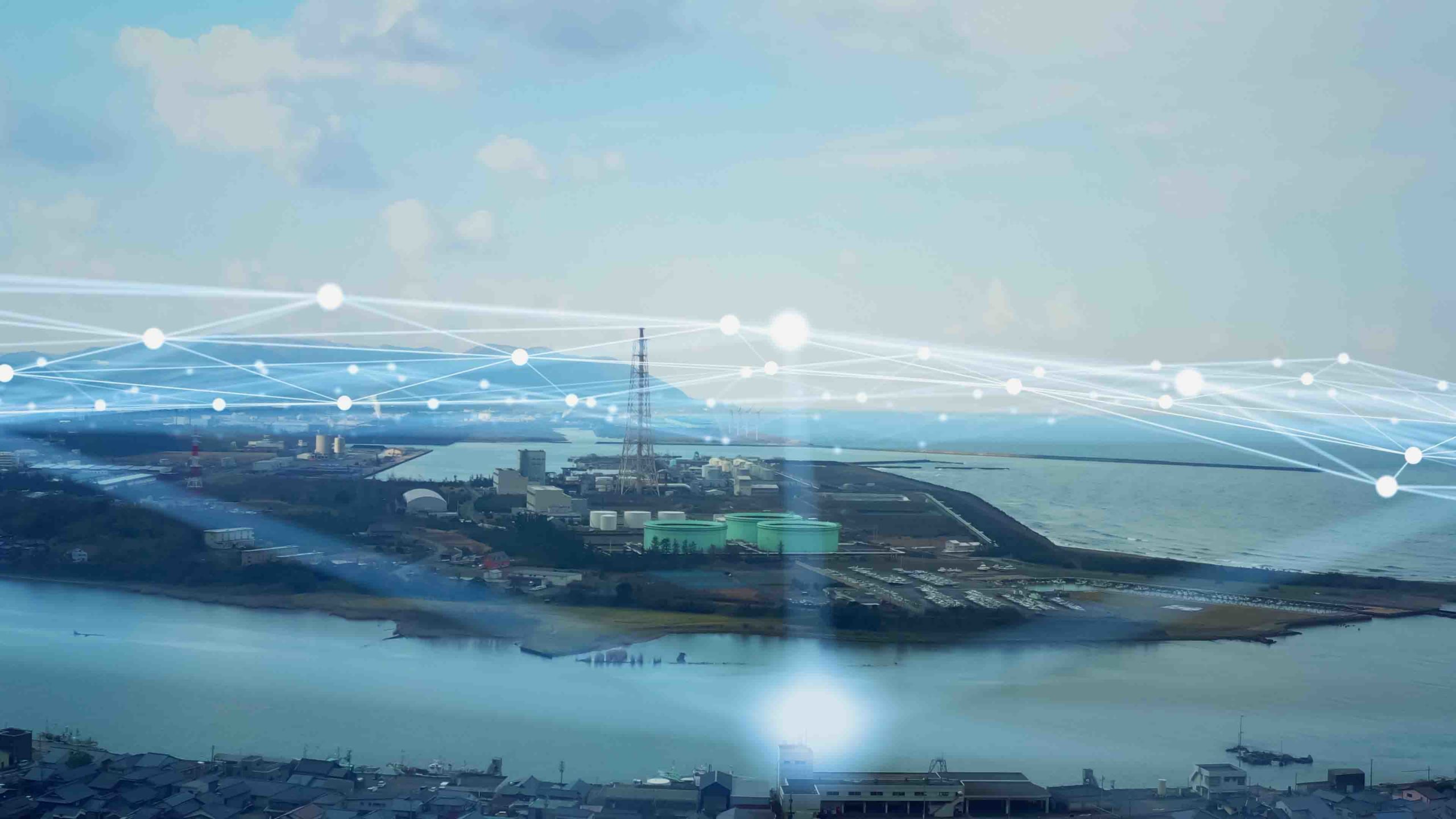
Artificial intelligence (AI) is to be used to reduce the impact of carbon emissions as part of a £3 million project led by scientists at Heriot-Watt University.
ECO-AI is targeting hard-to-decarbonise industries such as steel, cement, and chemicals through carbon capture and storage.
It will do this by developing specialist techniques for scientific computing, material discovery and financial forecasting, to enable efficient CO2 capture and storage in deep geological formations whilst setting out the financial implications in deploying these techniques for businesses and for policy makers.
Academics based in Edinburgh are working in partnership with colleagues from Imperial College London on the two-year project.
The team combines a range of scientific backgrounds including chemical engineers, physicists, geologists, mathematicians, computer scientists, and economists. They are working together to develop: new energy efficient materials for CO2 capture (solvents); low-cost subsurface modelling for designing geological CO2 storage sites and novel financial models to understand the impact of the rate of innovation on different decarbonisation scenarios.
The group says the work is expected to leave a scientific framework for future researchers to build upon and play an important role in the UK Government’s net zero target for 2050.
“CO2 removal techniques aims to compensate for residual emissions in hard to decarbonise industries and thus contribute to the UK’s net zero targets,” says project lead Professor Ahmed H Elsheikh from the School of Energy, Geoscience, Infrastructure and Society at Heriot-Watt University. “In ECO-AI, we aim to develop all aspects of CO2 removal by capturing CO2 from large point sources of emissions using energy efficient solvents and by reducing the storage costs of CO2 in deep geological formation using advanced flow modelling techniques.
Professor Elsheikh says the project will advance existing scientific research streams in sourcing suitable options for safe storage of CO2 in deep geological formations without the need to deploy expensive and, often, time-consuming exploratory investigations.
He continued: “Exploring the subsurface can be extremely expensive but by using AI we can replace standard techniques for modelling flow migration in the subsurface with an accelerated AI-based techniques. For example, something that might typically take 100 days to simulate on a supercomputer, we will be able to simulate the same scenario in only one day using a different kind of supercomputer that uses our specialist AI simulators.”
Commenting on CO2 capture, Professor Elsheikh adds: “We need materials that can extract carbon dioxide from flue gases without consuming too much energy. Sourcing these materials has always been a trial-and-error process. In ECO-AI, we will utilise a new line of research relying on machine learning and AI to discover energy efficient solvents for CO2 capture and thus reduce the cost of capturing CO2 from point sources.
“Through ECO-AI we will propagate our findings and developed AI techniques into all our ongoing research projects and will share our progress with various research groups across the UK. We also plan to organise two hackathons for PhD students across UK universities, to explore the datasets produced by the project and to demonstrate the AI techniques developed by the ECO-AI team. This will hopefully lead to advancements in multiple research areas across the wider research community working on net zero challenges.”
In total, £2.5 million has been awarded to ECO-AI by UK Research and Innovation (UKRI) with further investment provided by project partners, PETRONAS, Science and Technology Facilities Council (STFC) and ArianeLogiX.
For more information and to stay up to date with the project visit its webpage.







